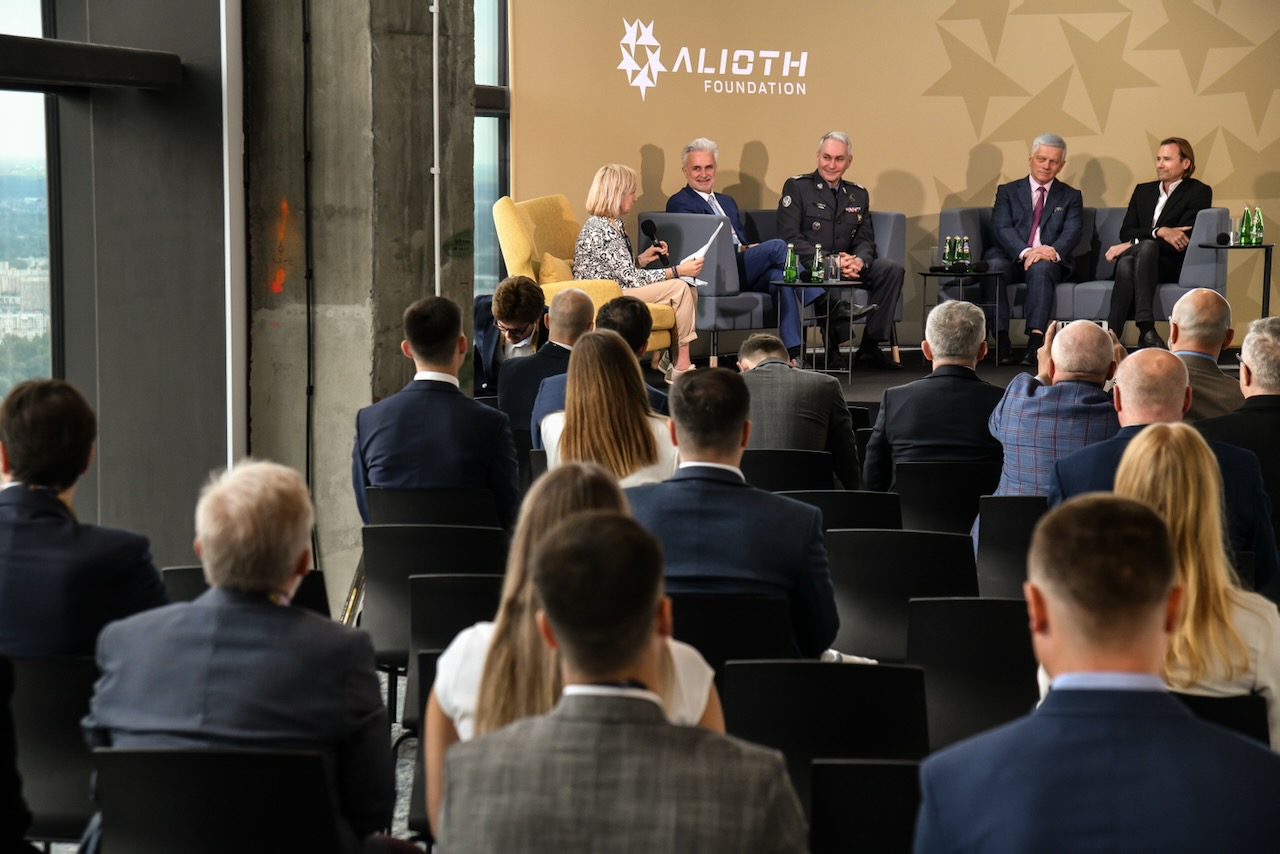
Military aviation is gaining critical importance for deterrence and national security amid rapid geopolitical shifts and the accelerating pace of technological development. These were the central themes of a debate organised by Strefa Obrony in cooperation with the Alioth Foundation. Experts and practitioners, including Brig. Gen. Krzysztof Stobiecki, Lt. Gen. (ret.) Jacek Pszczoła, Col. (ret.) Krystian Zięć, and Dr. Andrzej Grzyb, MP, shared their perspectives on the future of air forces, their role in deterrence, and the pressing need for comprehensive modernization.
“Contrary to appearances, aviation is the most cost-effective military tool when you look at the cost-to-effect ratio,” noted Col. (ret.) Krystian Zięć. As versatile and highly mobile assets, air forces provide the best balance of efficiency and cost. He emphasized that no army in the world can sustain the prolonged use of expensive ground-based systems to counter far cheaper airborne targets – a fact clearly illustrated by the ongoing war in Ukraine.
Col. Zięć also pointed out that after 1989, asymmetric wars replaced symmetric conflicts. “We must therefore invest in capabilities that ensure operational autonomy without assuming that U.S. assistance will arrive immediately.” According to him, the protection of high-value assets – strategic infrastructure that must be shielded first – is a mission of paramount importance for the air force.


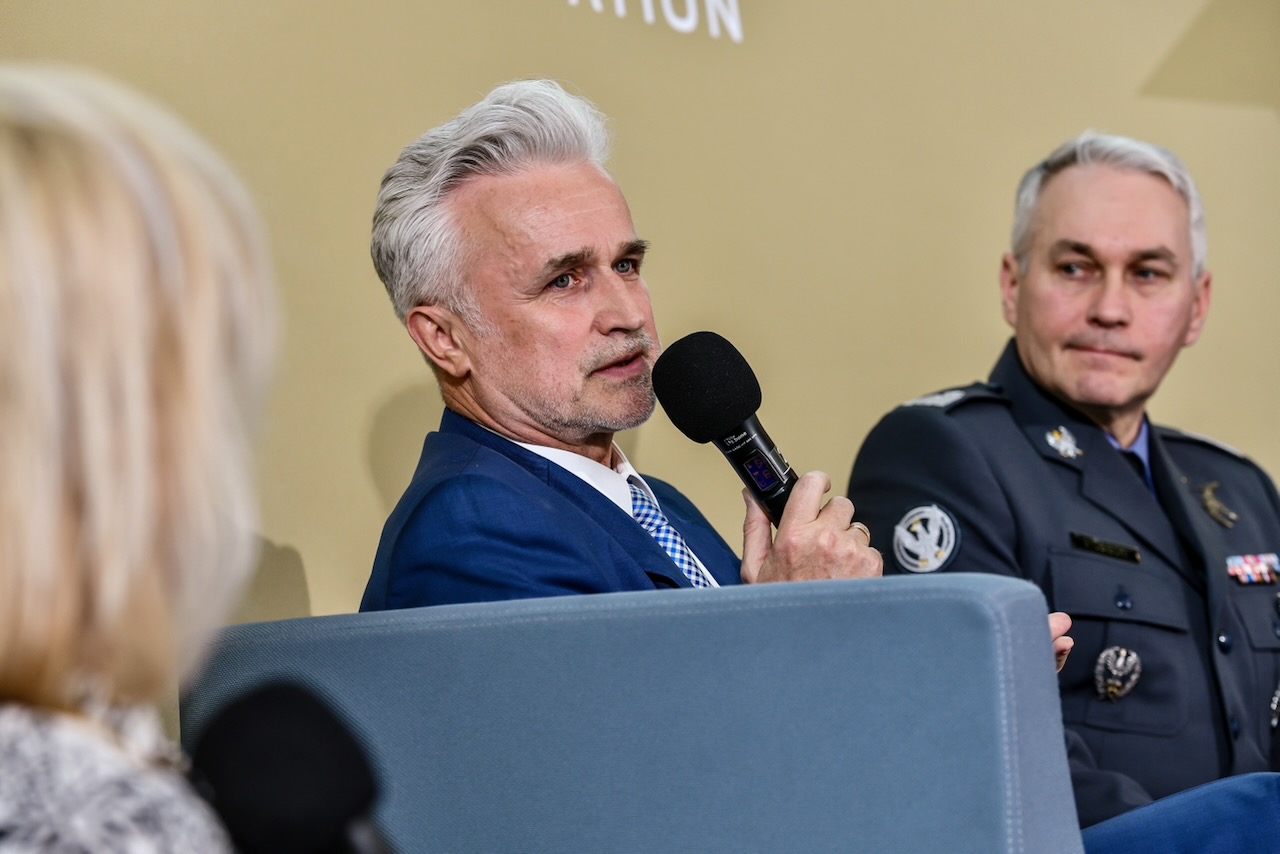
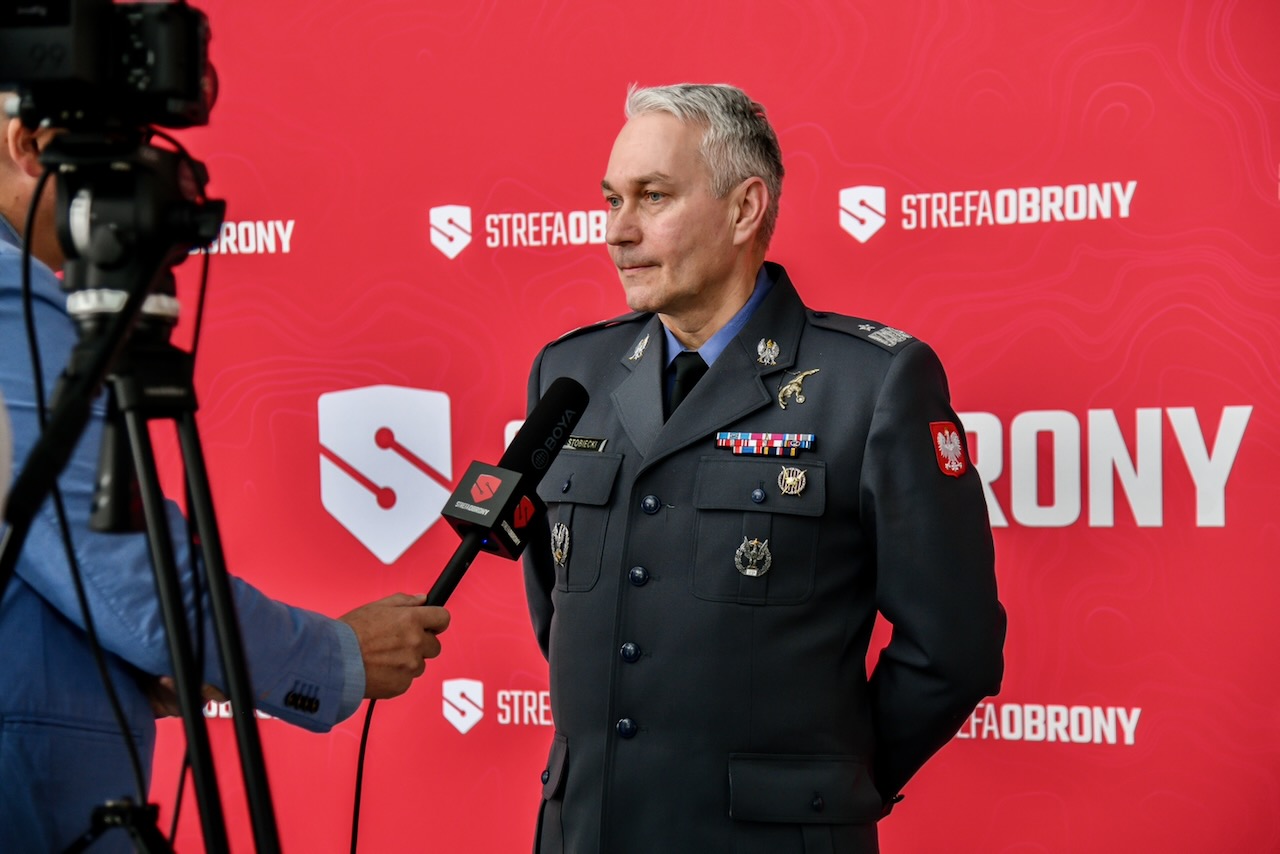
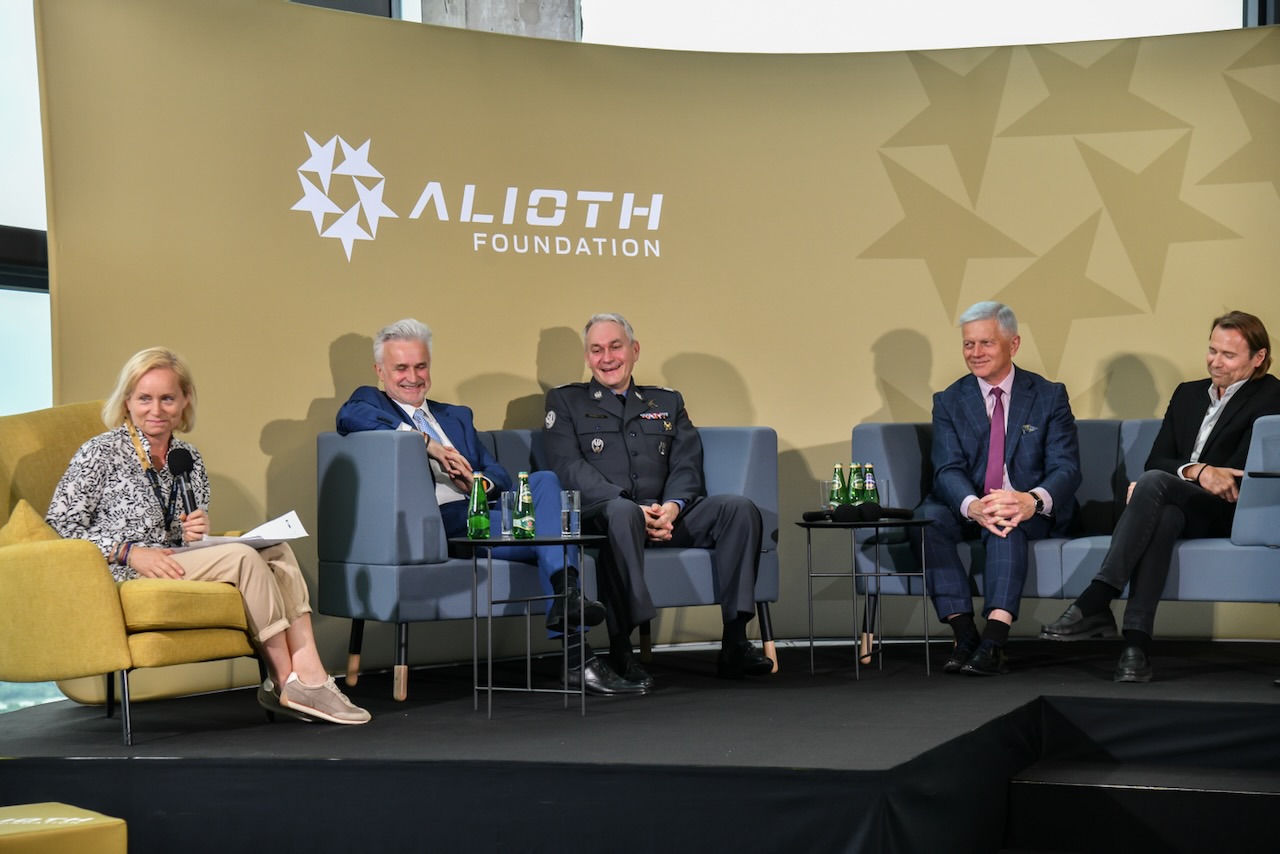

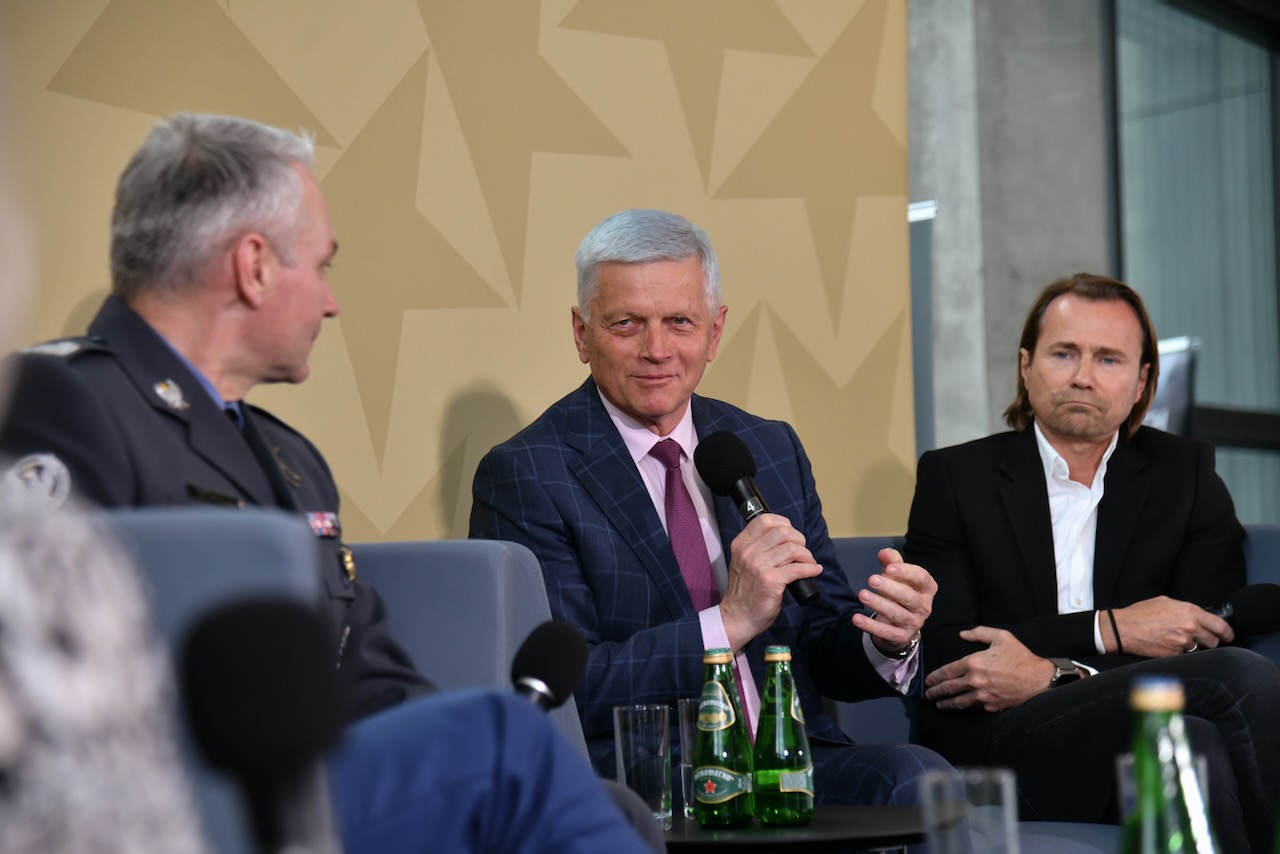
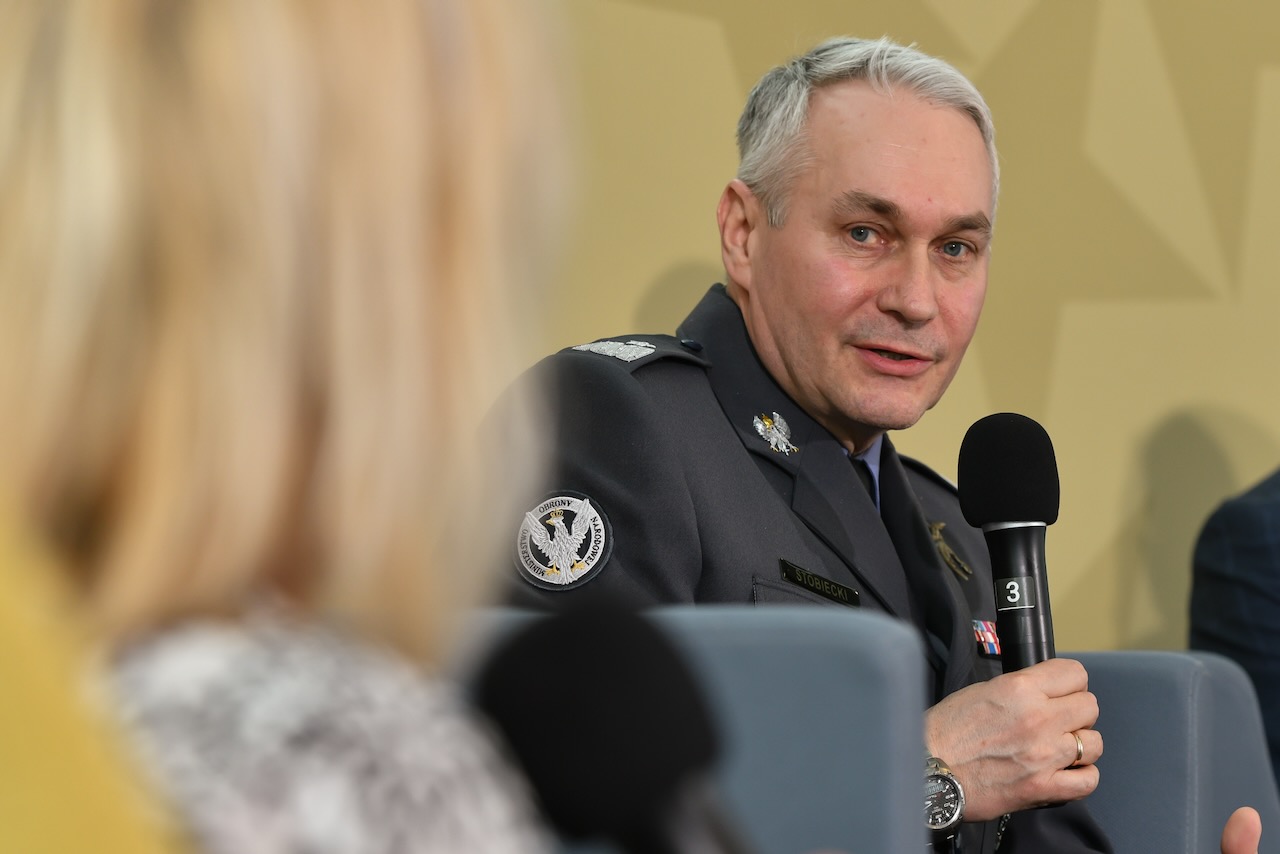

Lt. Gen. (ret.) Jacek Pszczoła, former Inspector of the Polish Air Force, focused on the fundamental strengths of aviation: its rapid reaction time and global reach. “It was aviation that was first in the skies responding to the Russian invasion. In crisis situations, reaction time determines success or failure,” he stressed.
In his view, platforms such as the F-16 and the F-35, which Poland already operates and continues to procure, provide genuine deterrence capability. “These are not just machines – they are the ability to impose losses on an adversary before he even makes the decision to attack. This is deterrence in practice.”
Echoing Gen. Pszczoła, Brig. Gen. Krzysztof Stobiecki underlined that: “Combat aviation is today the most flexible tool of power projection.” He argued that building the capacity for instantaneous response to threats must be a priority. Stobiecki also drew attention to the phenomenon of the so-called “shadow fleet” – unidentified maritime objects near critical infrastructure, such as the undersea energy cables connecting Poland and Sweden.“These are not isolated incidents, but everyday realities and elements of the strategic game. Aviation must respond to them,” he warned.
See the full debate below.
Dr. Andrzej Grzyb, MP, highlighted the strategic transformation on NATO’s northern flank: “With Sweden and Finland joining the Alliance, the Baltic Sea has effectively become NATO’s internal sea. This fundamentally changes the character of the region and determines new requirements for deterrence.” He also stressed that while the modernization of the armed forces is indispensable, it is both time- and capital-intensive: “Equipping modern air forces requires not only investment in hardware, but also in people and their training. This demands time, determination, and prioritization in funding.”
The event was held as part of the Safe Poland of Tomorrow project, financed by the National Freedom Institute – Center for Civil Society Development.

